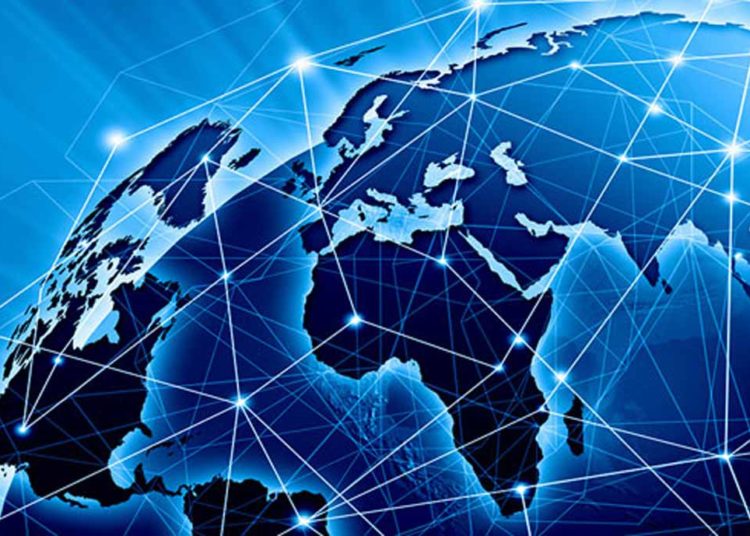Out of 252 licensed Internet Service Providers (ISPs) in Nigeria, only 106 are still active, according to recent data from the Nigerian Communications Commission (NCC). These ISPs collectively serve just 262,206 customers—a small number compared to the 163.8 million internet users connected through MTN, Airtel, Globacom, and 9mobile as of December 2023.
Industry experts blame high operating costs, multiple taxes, security challenges in northern Nigeria, and difficulties with Right of Way (RoW) agreements as the main reasons for this decline.
A 2022 performance report showed that while ISPs earned ₦92 billion, they spent ₦71 billion on operations and over ₦5 billion on equipment and infrastructure, leaving many struggling to survive.
Chidi Ajuzie, Chief Operating Officer of WTES Projects Limited, explained that ISPs face major issues such as vandalism, competition, high tariffs, and power supply challenges. He called for government support to ease licensing issues, lower spectrum costs, and protect telecom infrastructure from damage.
“The last two years have been extremely tough for ISPs, especially with repeated infrastructure damage in Lagos. The government must create a business-friendly environment and enforce laws to protect critical infrastructure,” he said.
Ajuzie urged ISPs to innovate by offering value-added services and partnering with others to expand coverage and reduce costs. “Collaboration and creativity are key to staying profitable,” he added.
Martins Akingba, Chief Operating Officer of eStream Networks, pointed out that most equipment used by ISPs is imported, and accessing foreign exchange has become a major challenge. “We’re competing against bigger players with access to better funding, while the government still sees IT as a cash cow instead of an economic tool,” he lamented.
Although the federal government has reduced the RoW tariff to ₦150 per meter to encourage broadband expansion, many states, including Lagos, are yet to comply. Some still charge as much as ₦1,500 per meter.
Dr. Kenny Joda, Head of Sales at FibreOne Broadband, commended the federal government’s efforts but appealed for more support. “We need the government to reduce taxes on imported equipment and ensure uniform RoW charges across all states,” he said.
Despite the challenges, ISPs remain critical to achieving Nigeria’s goal of 70% broadband penetration by 2025. Industry players are calling for better policies and stronger support to help them thrive.




